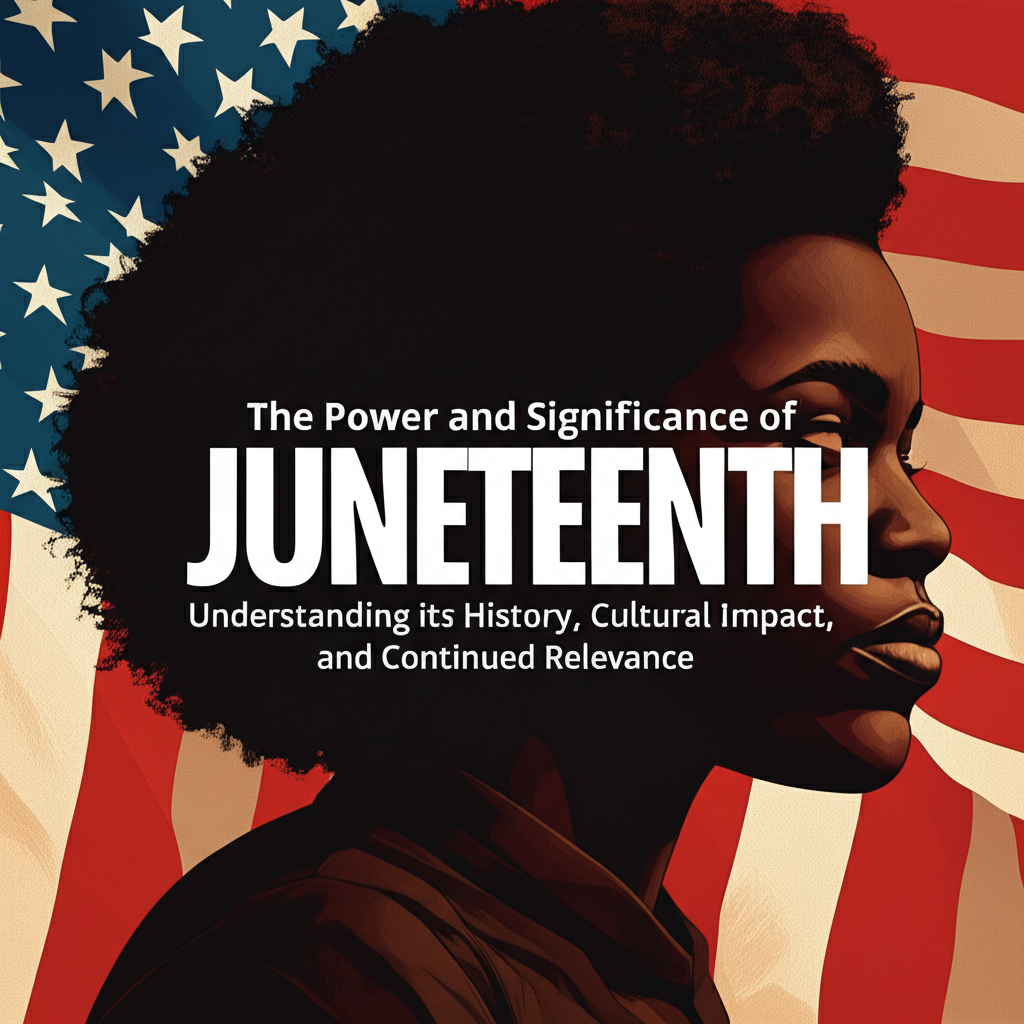Contents
A Nation’s Unfinished History

The Power and Significance of Juneteenth: Understanding its History, Cultural Impact, and Continued Relevance
In the United States, June 19th marks a significant milestone in American history – Juneteenth. This celebration commemorates the emancipation of enslaved African Americans in the South, specifically in Texas, on that day in 1865. While many may be familiar with the holiday, its true significance and cultural impact remain complex and multifaceted.
A Brief History of Juneteenth
On June 19, 1865, Union General Gordon Granger arrived in Galveston, Texas, to announce the emancipation of all slaves in the state. Two and a half years after President Abraham Lincoln’s Emancipation Proclamation, which had declared freedom for all slaves in Confederate territory, this announcement was met with both jubilation and skepticism by enslaved individuals.
According to historical accounts, many enslaved people were initially unaware of their newfound freedom, as news of the proclamation had not reached them. When General Granger read his orders from the balcony of a courthouse, a mix of emotions filled the air – fear, hope, and uncertainty about what lay ahead. The day marked a significant turning point in American history, as it brought an end to slavery in Texas.
Cultural Significance of Juneteenth
Over time, Juneteenth has evolved into a celebration that reflects the resilience and determination of African Americans in the face of oppression. This holiday has become an integral part of African American culture, symbolizing freedom, equality, and community. Traditional celebrations include:
Music
*
Food
: Classic dishes like fried chicken, collard greens, and sweet potatoes take center stage.

*
Parades
: Communities come together to showcase their heritage through vibrant parades and street performances.
*
Family Gatherings
: Extended family reunions are a cherished aspect of the holiday.
Juneteenth’s Continued Relevance in Modern Times
Despite its rich history, Juneteenth has become increasingly important in contemporary America. The 2020 Black Lives Matter protests highlighted the ongoing struggles faced by African Americans, and the need for systemic change remains pressing.
In response to these tensions, various initiatives have been launched to promote unity and understanding:
*
Education
: Efforts to integrate Juneteenth into school curricula aim to provide a more comprehensive understanding of American history.
*
Community Engagement
: Local organizations are working to create inclusive spaces for people from diverse backgrounds to come together and celebrate the holiday.
*
National Recognition
: In 2021, President Joe Biden signed the Juneteenth National Independence Day Act, making June 19th a federal holiday.
As we reflect on Juneteenth’s significance, it becomes clear that this celebration represents more than just a single day of recognition. It symbolizes the power of collective resistance, resilience, and hope in the face of adversity.









































 Online casino
Online casino